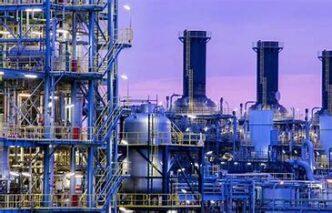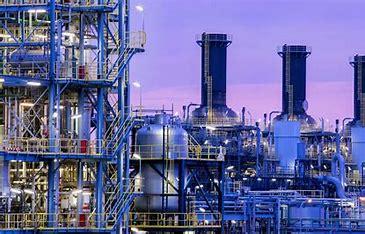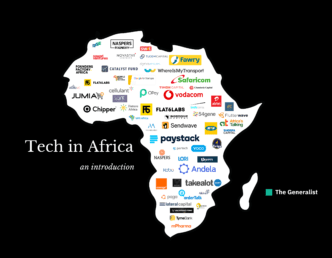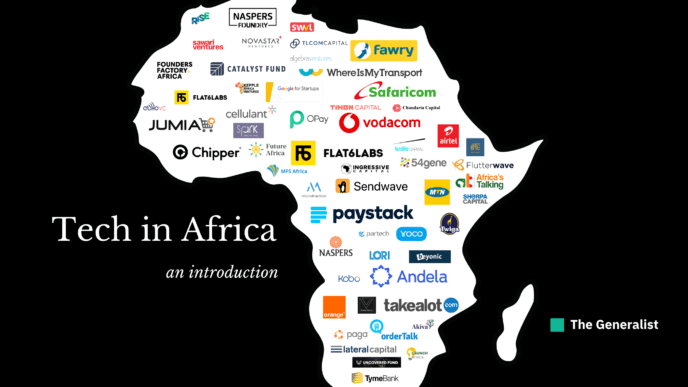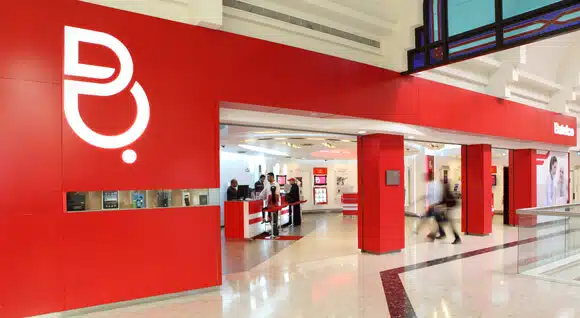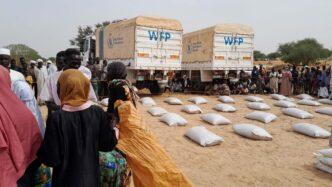In a surprising development, the Nigerian National Petroleum Company Limited (NNPC) and independent marketers imported over 2 billion litres of petrol between October 1 and November 11, 2024. This influx occurred even as the Dangote Refinery and other local refiners ramped up production.
The massive importation highlights the continued reliance on foreign petrol supplies despite efforts to bolster local refining capacity. Industry stakeholders have raised questions about the Nigerian government’s decision to issue import licenses to marketers amidst the push for self-sufficiency in fuel production.
According to reports, during the 42-day period, the NNPC and its partners imported:
- 1.5 million metric tonnes of petrol (approximately 2.01 billion litres).
- 414,018 metric tonnes of diesel (about 500 million litres).
- 13,500 metric tonnes of aviation fuel (around 17 million litres).
The total cost of these imports is estimated at ₦3 trillion ($1.8 billion). This level of importation comes even as the Nigerian government aims to reduce fuel imports through the naira-for-crude sale agreements with local refiners like Dangote.
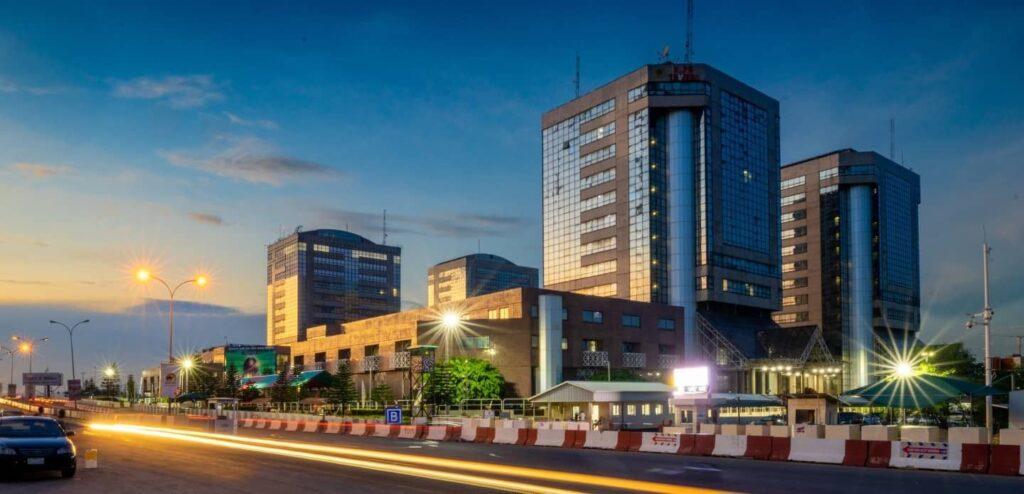
Domestic refiners have voiced concerns over the government’s continued issuance of import licenses, arguing that it undermines local production efforts. However, marketers maintain that deregulation allows them to source products from any supplier to meet market demand.
Despite the import surge, petrol prices are reportedly declining in some regions, dropping from ₦1,200 to ₦1,080 per litre. The removal of subsidies has also contributed to a gradual reduction in refined product costs.
In October alone, 994,446 metric tonnes of petrol were imported, distributed as follows:
- Lagos: 555,121 metric tonnes
- Warri: 281,100 metric tonnes
- Port Harcourt: 94,224 metric tonnes
- Calabar: 64,000 metric tonnes
Between November 1 and November 11, an additional 358,083 metric tonnes of petrol, 112,500 metric tonnes of diesel, and 13,500 metric tonnes of jet fuel were discharged at Nigerian ports.
Prominent marketers involved in the importation include Matrix, AA Rano, Bovas, Raj, and Emadeb, among others. Documents reveal that ships carrying refined products arrived almost daily, underscoring the scale of Nigeria’s dependence on imports despite local refinery capabilities.
As Nigeria navigates this challenging landscape, the question remains: Should the government strengthen local refineries or continue relying on fuel imports to stabilize supply? Your thoughts?
